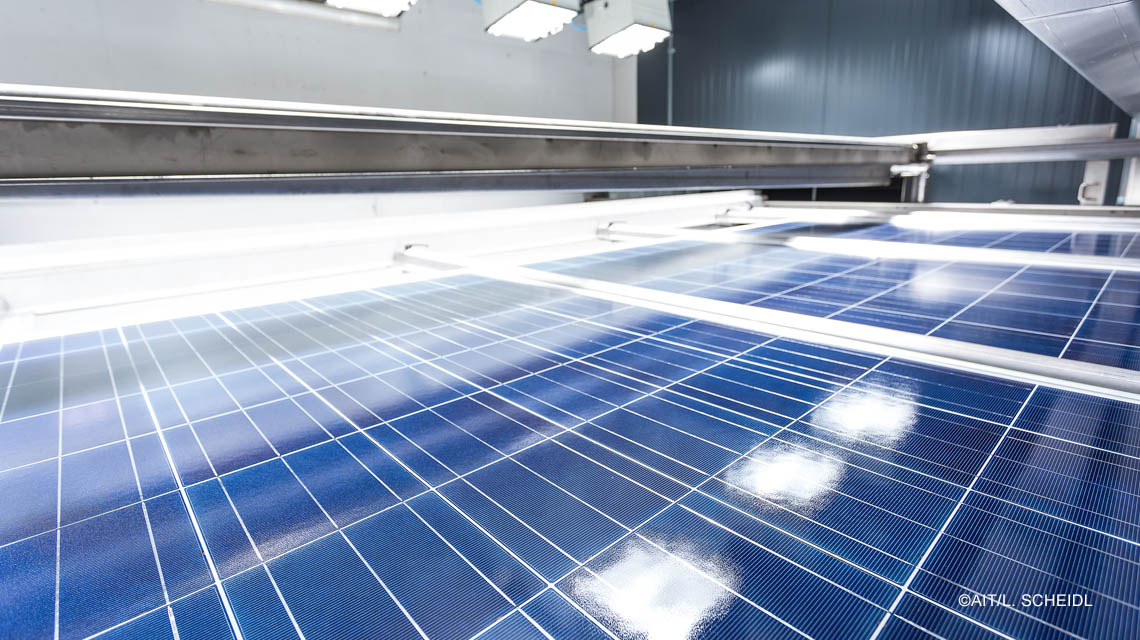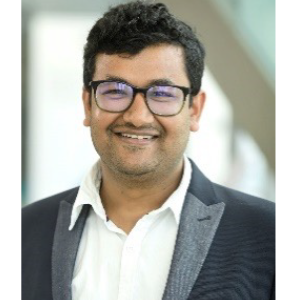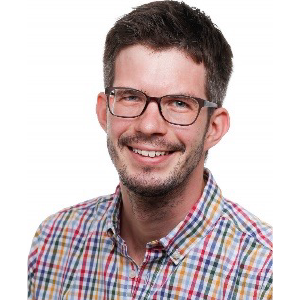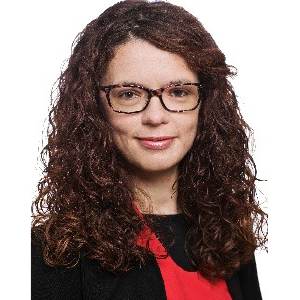Austrian Institute of Technology

AIT in short
The AIT Austrian Institute of Technology takes a leading position in the Austrian innovation system and a key role in Europe as the RTO focusing on the key infrastructure topics of the future. AIT provides research and technology development to realize basic innovations for the next generation of infrastructure-related technologies in the fields of Energy, Low-Emission Transport, Health & Bioresources, Digital Safety & Security, Vision, Automation & Control and Technology Experience. These technological research areas are supplemented by the competence in the area of Innovation Systems & Policy. As a national and international network node at the interface of science and industry, AIT enables innovation through its scientific-technological expertise, market experience, tight customer relationships and high-quality research infrastructure.
The Competence Unit Energy Conversion & Hydrogen (ECH) is embedded in AIT’s Center for Energy. AIT’s Center for Energy offers scientific support in R&D, as well as certified standard testing in the fields of renewable energy and hydrogen. Amongst others, the Center for Energy operates a fully-fledged Photovoltaic Module Test Laboratory, accredited according to EN 17025, for testing of all types of modules (IEC/EN 61215-1 and 61730 series). Further, the competences of AIT extend to thin-film and nanotechnology, from fabrication to characterization and evaluation of components and devices. AIT is member of several international organizations and bodies, as the IEA power-system program IEA PVPS Tasks 1, 13, 14, 15, IEA SHC Annex 53, standardization committees like IEC TC 82, IECEE CB, EERA-PV of the EC, Solar Power Europe and the photovoltaics national technology platform.
In terms of Perovskite PV technology, ECH focuses on the development of transparent electrodes, electron- and hole- transport layers, as well barrier/window layers based on sustainable and abundant materials, as well as on the development of advanced characterization methods and harmonized/ standardized test protocols for perovskite and perovskite-based tandem solar cells/ modules.
Main role and tasks in the project
Work Package Leader (WP4-NA1: Harmonization and path towards standardization)
AIT scientists and research engineers will contribute and exchange their extensive knowledge in the field of perovskite PV. In particular:
- Lead the activities on harmonization and the path towards standardization with the objective to harmonize procedures and test protocols according to best practices and beyond state-of-the-art knowledge. This includes:
- Definition of guidelines for harmonized procedures to facilitate and simplify transnational and virtual access to all the VIPERLAB infrastructures. These guidelines will deal with IPR- and publication procedures, data formats and measurement procedures for similar infrastructures.
- Harmonization of test protocols for perovskite PV technology development across the whole value chain. These protocols will deal among others with the requirements and adaptations of characterization and testing equipment, best practices for sample preparation and exchange, as well as on the assessment of performance, reliability and lifetime.
- Networking activities with standardization committees, industry and external stakeholders. Dissemination of the harmonization/standardization outcomes from the project to IEC committees, i.e. EC TC 82 (WG2&WG8), IEC TC 113, and the ISOS organization.
- Exchange of personnel to foster collaboration and for optimization and harmonisation of procedures. This task aims to help people develop their knowledge, skills and careers by dedicated internal (personnel and students from Consortium partners) and external (RTOs and industry) exchange plans.
- Development of measurement protocols to unveil the main factors influencing the electrical response of perovskite devices (like preconditioning, hysteresis, quantum efficiency).
- Development of ageing protocols and lifetime prediction. Accelerated ageing using platforms with different climatic chambers and outdoor testing.
- Literature data mining for meta-studies on perovskite devices
Access to state-of-the-art characterization infrastructure for PV performance, aging and reliability of devices, as well as to thin-film deposition and materials characterization infrastructure, focusing on transparent electrodes, electron- and hole-transport layers or barrier layers.
Key Persons involved in VIPERLAB project
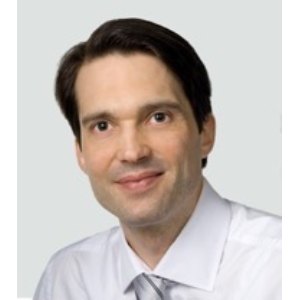
S.A. received his Master’s degree in Materials Science from the Montanuniversität Leoben (2003) and his PhD from the Vienna University of Technology, Faculty of Electrical Engineering and Information Technology (2007). He has also obtained a Master’s degree in Building Science and Technology from Vienna University of Technology (2011). His was a university assistant at the Vienna University of Technology until 2010, when he joined AIT as staff scientist and remained until 2013. He was then employed as Head of New Technology Scouting at D. Swarovski until 2015, before joining Schhwarz & Partner as a patent attorney trainee and later as a European patent attorney. Since January 2019 he is head of the Competence Unit “Energy Conversion and Hydrogen” at AIT. S.A. has wide experience in management of national and European projects, and he is IPMA-Certified Project Manager Level C.
Role
Work Package Leader (WP4-NA1: Harmonization and path towards standardization)
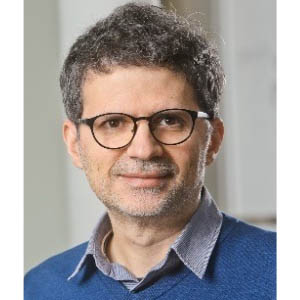
T.D. received his bachelor’s in physics and Master’s in solid state physics from the National University of Athens (1998). He then acquired his PhD in solid state physics in 2002 from the University Louis Pasteur and the Institute of Physics and Chemistry of Materials of Strasbourg, France, on the topic of spin-dependent transport. He continued as a post-doctoral researcher and a Marie Curie fellow in the University of Göttingen and in Siemens AG in Erlangen, Germany. Since 2005 he is staff researcher in AIT Austrian Institute of Technology. His research focus lies on materials and nanotechnology, especially in the field of energy. He has coordinated numerous national and European projects, authored ~80 peer-reviewed publications and patents and supervised numerous PhD and Master’s students.

She has received her PhD in hybrid organic-inorganic solar cells in 2014 from the department of Chemistry, Imperial College London, UK. Her expertise lies in perovskite solar cells, photophysics, charge transport- properties of hybrid devices (OLEDs, OFETs, solar cells), material fabrication technologies and characterization techniques. (e.g. transient absorption spectroscopy). She has several publications in highly recognized journals like Advance Energy Materials. She has more than 5 years of experience in international projects and multi-national project teams. She supervised many academic students for bachelor, master or doctoral thesis.
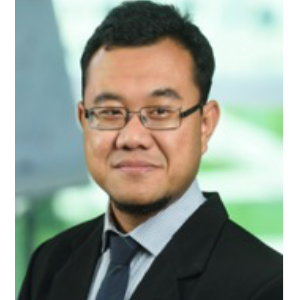
Received his PhD in 2008 at Yeungnam University, South Korea and made his post-doc in the University Erlangen/Nürnberg as an Alexander-von-Humboldt fellow on the topic of chalcogenide thin film investigation by in-situ XRD. Since 2013 he is staff researcher at AIT. His main research area is thin-film PV, especially kesterite- CIGS- and perovskite-based. He is an expert on solar cell fabrication using various deposition techniques and the investigation of the structural properties of complex materials using techniques like X-ray diffraction and electron microscopy. He has participated in numerous national and European projects, authored >40 publications in peer-reviewed journals and supervised PhD and Master’s students.
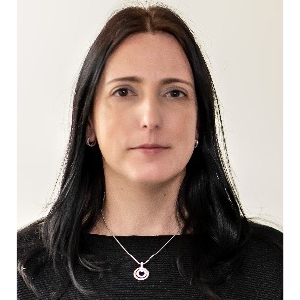
Dr. Rita Ebner is Scientist at AIT, Austrian Institute of Technology GmbH. She made her Ph.D. in Material Physics at the University of Vienna, Austria (2003). Thereafter she was project coordinator at the Austrian Research Promotion Agency (FFG). For several years she worked in the research division of a solar industrial company. Since 2003 she is lecturer at the College of Renewable Energy (TGM), Vienna and since 2009 she is employed as scientist at AIT, expert in crystalline solar cell and PV module characterization and responsible for national and international research projects in this field.
Other Key Persons involved
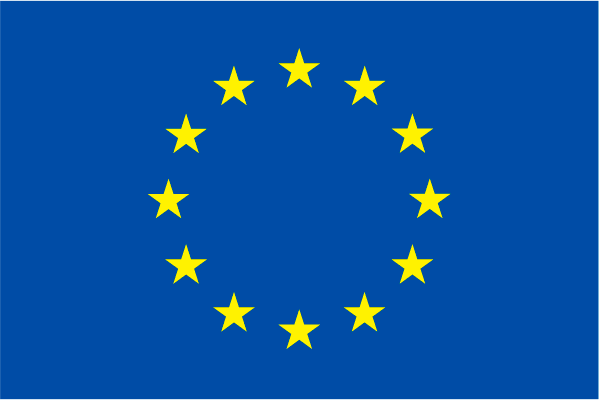
This project has received funding from the European Union’s Horizon 2020 research and innovation programme under grant agreement N°101006715

